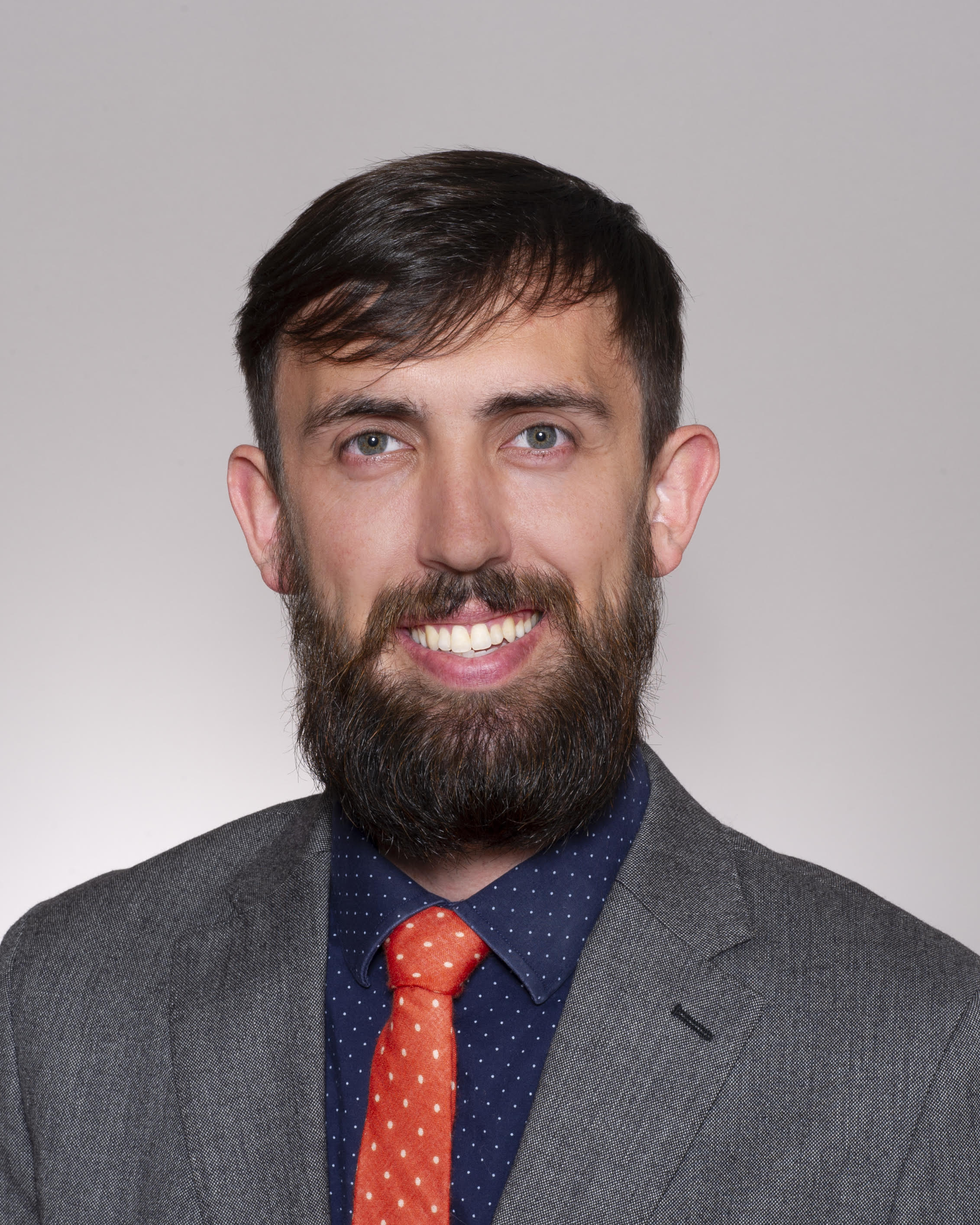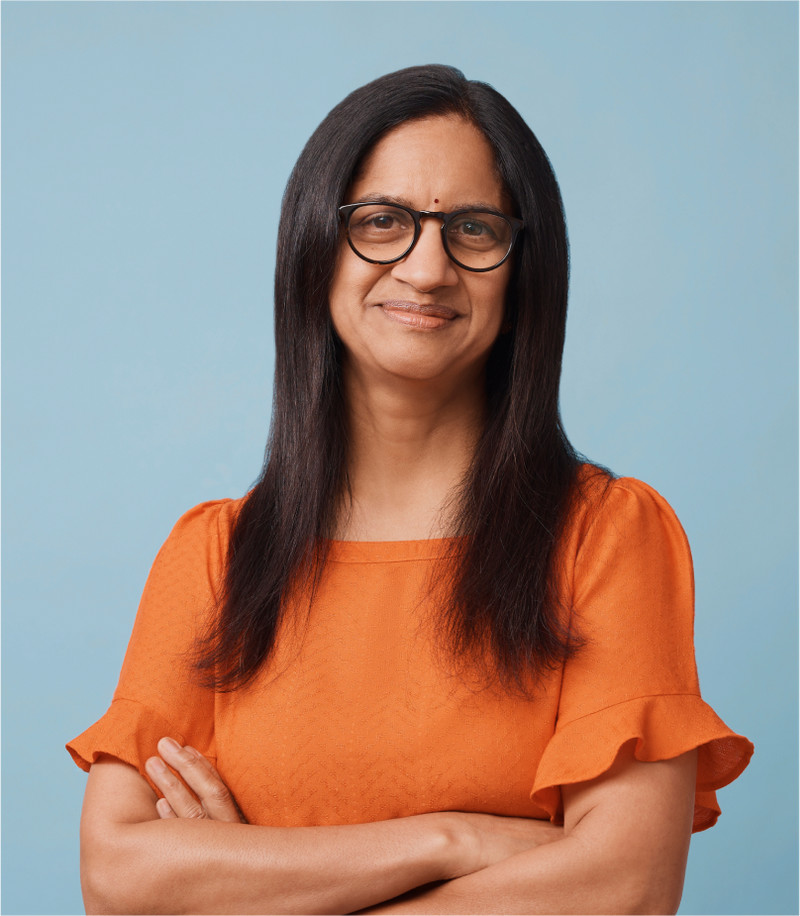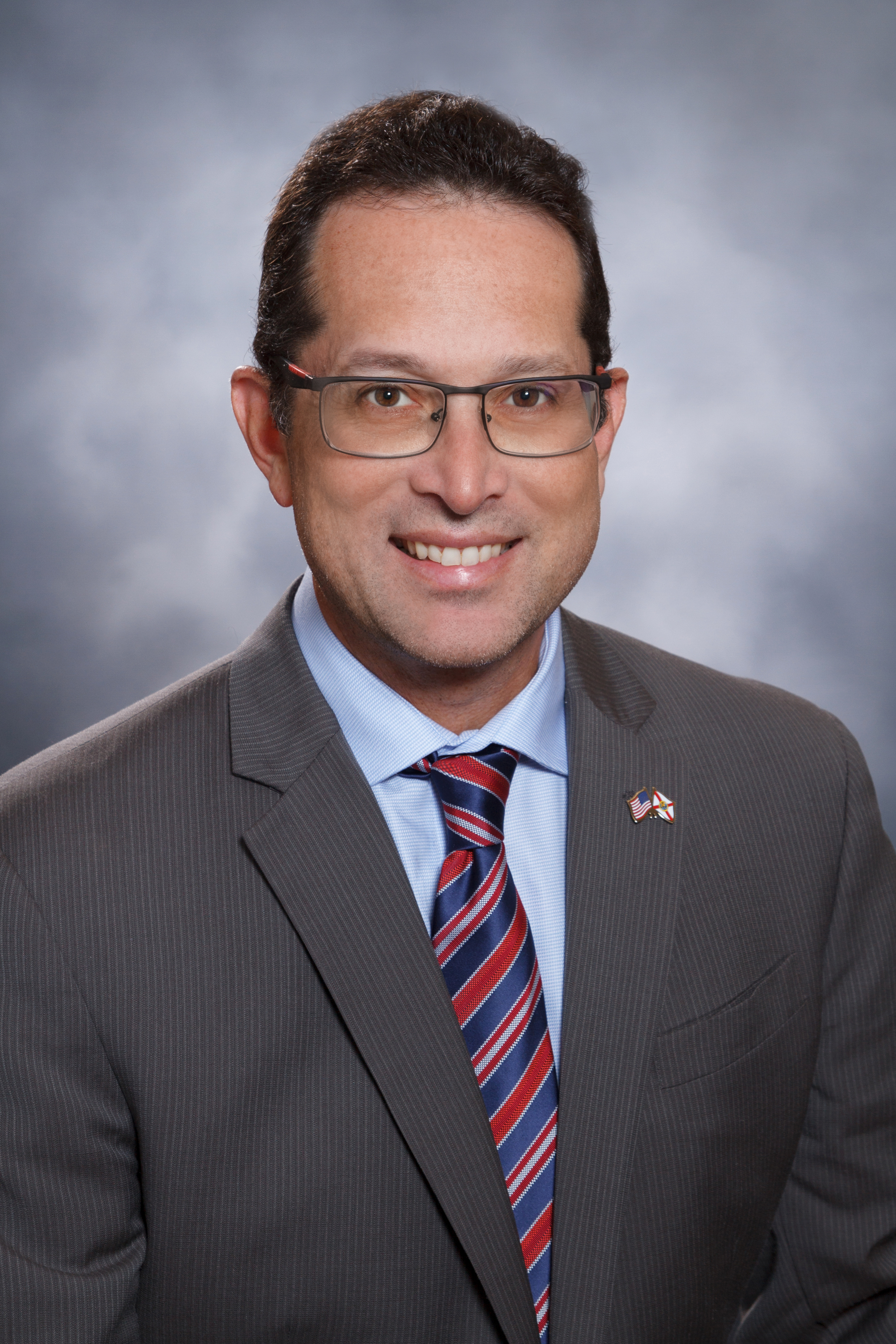Maintaining mental health and well-being is crucial for physicians and clinicians who face numerous demands and stressors in their profession. Burnout, stress, and mental health challenges can not only impact their personal lives but also the quality of care they provide to patients. In this blog post, we share insights from experienced healthcare professionals on practical strategies they recommend for taking care of mental health as a clinician. From prioritizing self-care activities like exercise, meditation, and hobbies to setting realistic expectations, practicing mindfulness, and seeking support, these tips offer valuable guidance for finding balance and avoiding burnout in the demanding field of medicine.
How can physicians and clinicians take care of their mental health amongst competing demands?
Physicians and clinicians face numerous demands that can lead to stress, burnout, and mental health challenges. Taking care of their mental health is crucial for their well-being and the quality of care they provide. They should prioritize Self-Care, follow a healthy dietary regimen, get adequate sleep and exercise regularly. In addition, they should follow mindfulness and Relaxation Techniques like meditation, yoga, deep breathing exercises etc. Time management is also essential for physicians to establish clear boundaries between work and personal life.
By never forgetting to also care for yourself. Go to the basics, exercise, diet, sleep, and socializing.
Making mental health and wellness a priority is key. With today’s ever-increasing distractions and demands in the field of medicine, it can be easy for self-care to fall by the wayside. However, taking care of my own mental health ultimately helps my patients by making me a better provider. When I carve out and dedicate time every week for self-care items such as exercise, reading, and going outdoors, I become a more patient, empathetic and compassionate provider.
Taking care of your mental health as a clinician is crucial amidst our demanding roles. Make time for yourself — and protect that time — by setting clear boundaries between work and personal life. Prioritize self-care by ensuring you get enough quality rest, a balanced diet of nutritious foods, and regular movement and physical activity. Mindfulness practices like meditation, deep breathing, and yoga can help you stay grounded and build resilience in managing stress and setbacks. Connect with your support system — family, friends, and/or support groups — who can empathize with your experiences and offer shared understanding. Importantly, seek professional mental health services whenever you feel you would benefit from them, which should be normalized and encouraged especially within the health care community. Remember, taking care of yourself is the first step in taking care of others.
I think the most important thing for clinicians to remember is that their mental health is just as important as their patients'. Prioritizing self-care, whether through exercise, hobbies, or spending time with loved ones, is essential for maintaining overall well-being.

One of the most important things to keep in mind when trying to maintain mental health while practicing medicine in today's climate is ensuring that a clinician has done a thorough values assessment. There are plenty of these online, and it can be helpful to determine what values you prioritize the most and then ensure that your day-to-day schedule and overall career and life trajectory align with those values. As long as you can align these with your work as much as possible, you're far less likely to experience burnout. It can be helpful to do an annual review to ensure that what you're spending your time on is getting you closer to the values you prioritize the most. As Dr. Deming said, "every system is perfectly designed to get the results that it does," and to ensure your mental health is staying where you want it to be, it is imperative to be purposeful about how you're practicing. If you notice increasing irritability, anxiety, depression, or other signs that your internal system isn't working properly, you need to take a step back and evaluate which parts of your routine aren't conducive to a well-functioning system. Utilizing the Employee Assistance Program (EAP) with many employers to access free therapy visits and get an external assessment of how things are going can provide insight into what areas may need some work. Just like a large mass in a patient's abdomen isn't going to magically go away if they don't see a physician about it, untreated mental health challenges won't improve by being ignored. If we're all "practicing the art of medicine," then we also need to get over the idea that mental health doesn't also require practice and adjustment to attain and maintain a healthy state.
Physicians have to practice self care given priority to adequate Sleep, nutrition and exercise. They should have designated periods for themselves when they do any leisure activity or hobby that is not work related. They should also have daily cut off times when they stop working and pick up where they left up the next day. Taking periodic breaks away from work in the form of vacations and getaways can be very invigorating and relaxing while decreasing possible burnout and improve job satisfaction. Spending time with family and having great conversations is also essential for optimal Mental health.

As a physician we are blessed to be able to make a difference in people's lives. However, with this comes responsibility and a feeling that we have to be perfect and superhuman. In addition, we deal with the frustration of EHR documentation and the constant flow of administrative tasks. It is imperative that we find joy and harmony in our personal and professional life; and avoid a culture of workaholism. Here are a few tips: Get rid of the frustration at work. Is it the EHR? Can other team members help with the documentation? Would using an AI scribe be helpful? Is there an easier way to respond to the inbox? Can the workflow be more convenient and efficient? Does your schedule need to be changed? Don’t hesitate. Speak out and ask the powers to be for what you need to eliminate work related frustration. Connect with others Do an activity with a friend at least weekly. Meet with like minded peers at least monthly. Reboot and rejuvenate Take a vacation every 4 to 6 weeks - completely disconnect from work, do not look at your inbox, work related emails or take any meetings. Find a hobby/activity that you enjoy outside of work. Turn the switch off when you come home . Try not to take your work home. Feeling trapped, not happy with your job Listen to podcasts from physicians like Sustainable Clinical Medicine Work with a physician coach to help you sort through the maze and find your utopia Above all, never hesitate to speak up and ask for what you need! In closing : Savor the moment. Enjoy the little things. Seek help when you need it . And find the joy in your life.
For a fulfilling life, ensure that your actions align with your core values. Despite escalating healthcare demands, it's crucial to strive for a balance where you can still provide the quality care you deem important. Establish effective communication strategies for conveying your needs and setting expectations with administrators and patients. Carve out time for regular exercise and for moments with your loved ones. Prioritize regular breaks, even if it's solely for relaxation and unwinding. If your current job position doesn't align with your values or objectives, don't hesitate to explore other options. Your effectiveness as a healthcare provider is amplified when you are content and fulfilled.
Balance, while not easily achievable, should be sought. Having a non-medical hobby, something that can distract your mind in a productive way, is sure to help. Engaging family and friends as a sounding board, or a even a therapist, to unload some of the trials and tribulations faced will certainly be beneficial as the ongoing emotional toll can be too much for an individual to handle. Some take solace in exercise, some in leisure reading, others travel - whatever it is can only help.










